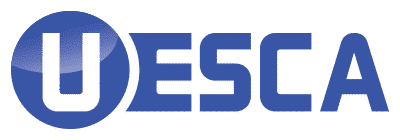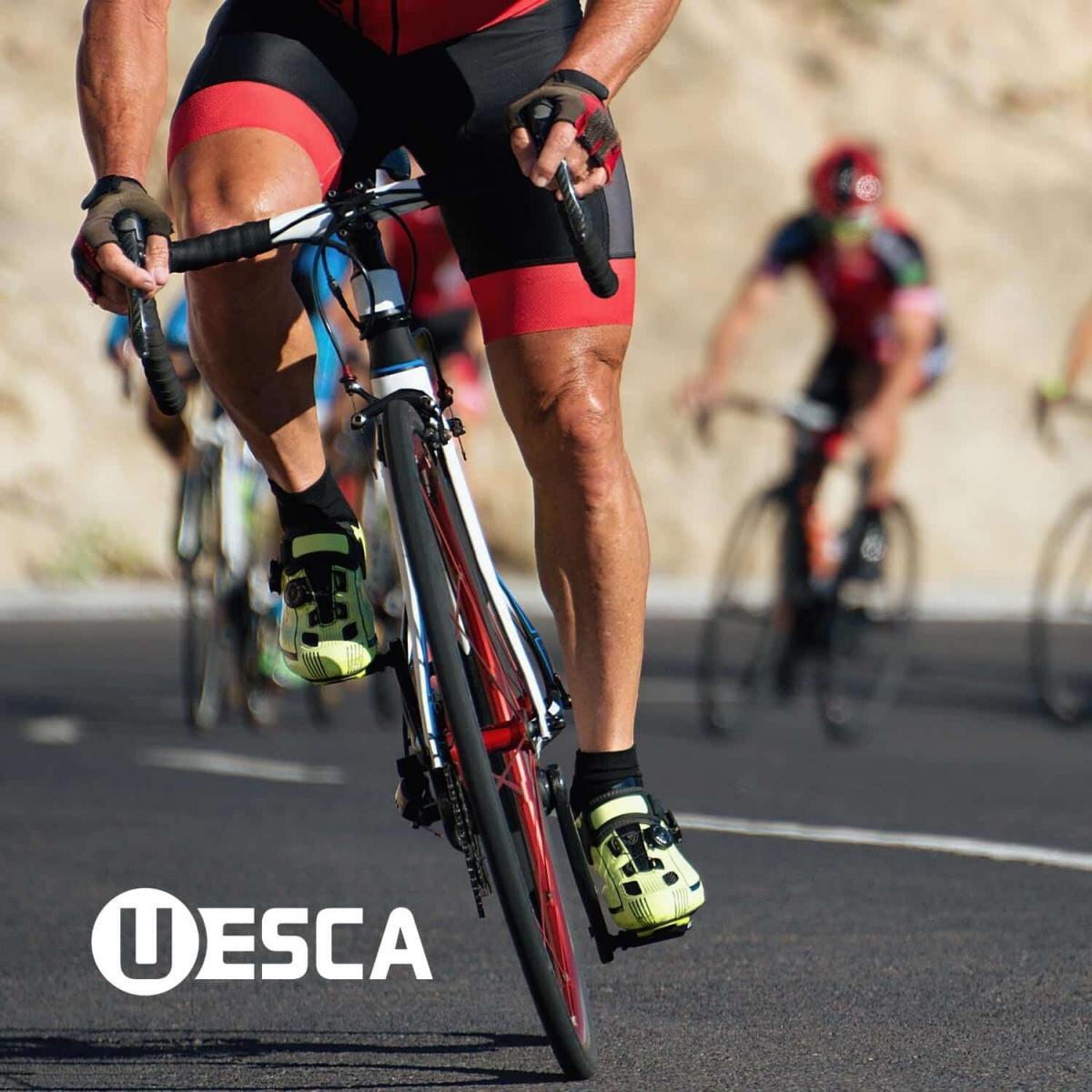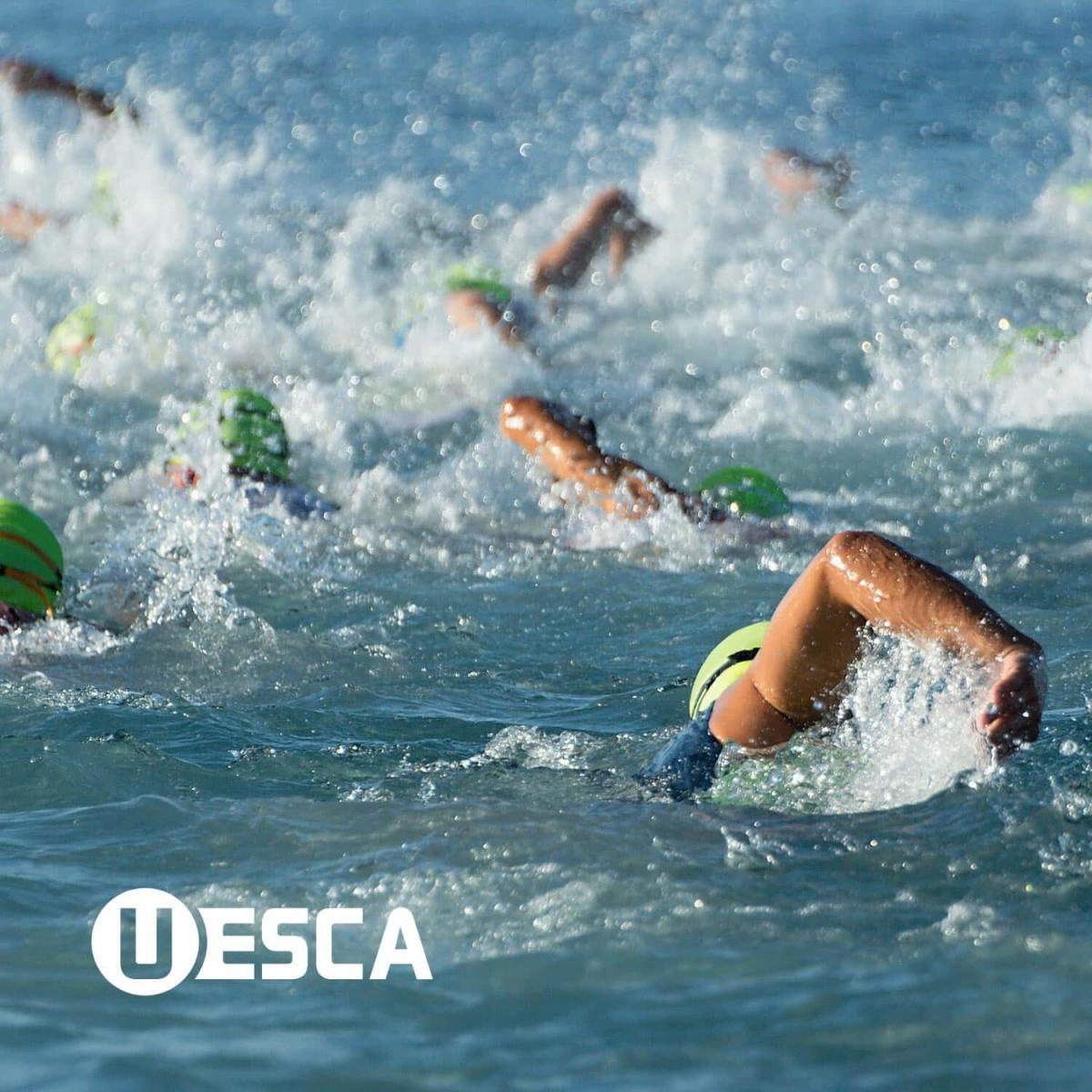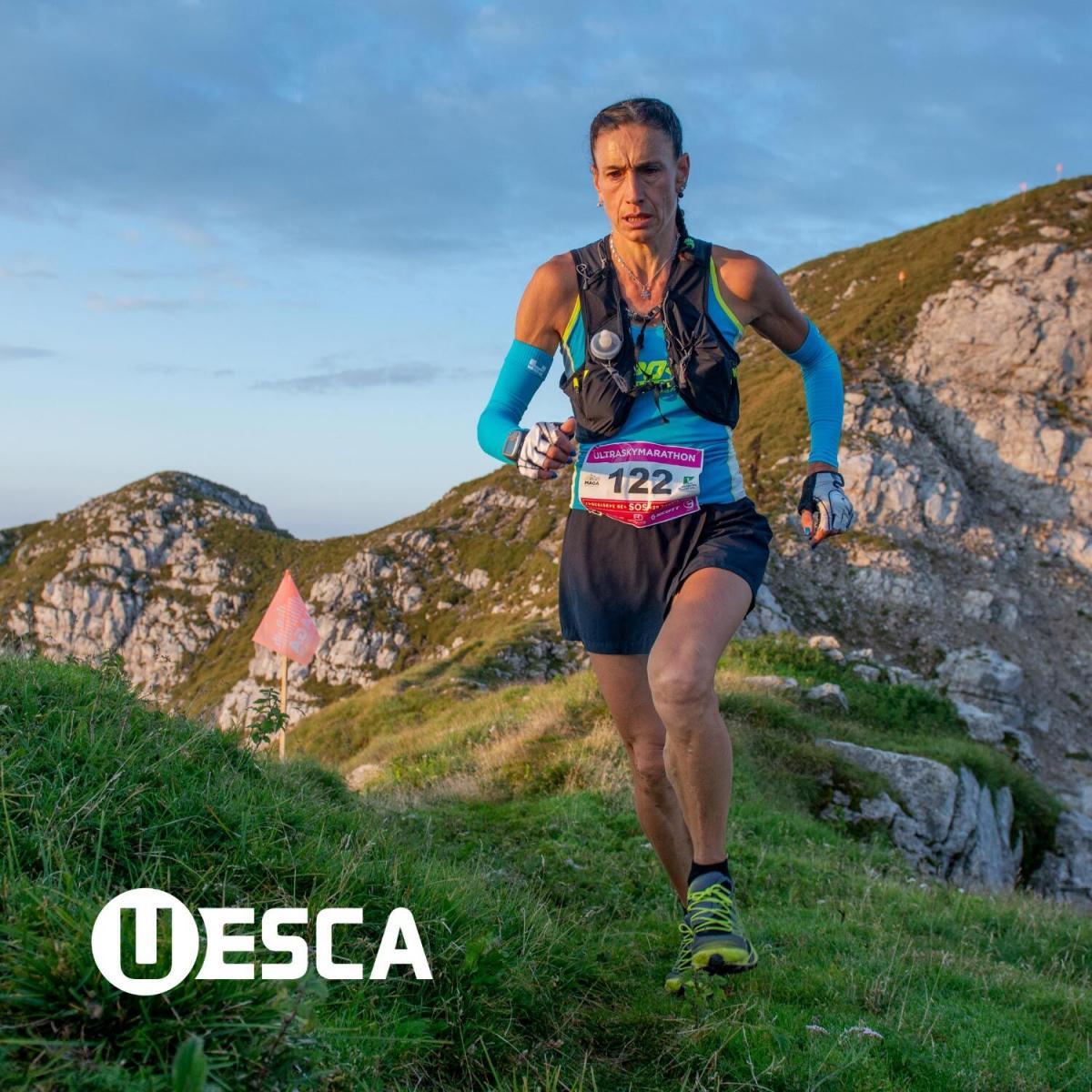What does it mean to be a professional in any field? It means a whole lot more than simply offering a service, or being paid for a service. Find out what “Professional” means for an endurance coach.
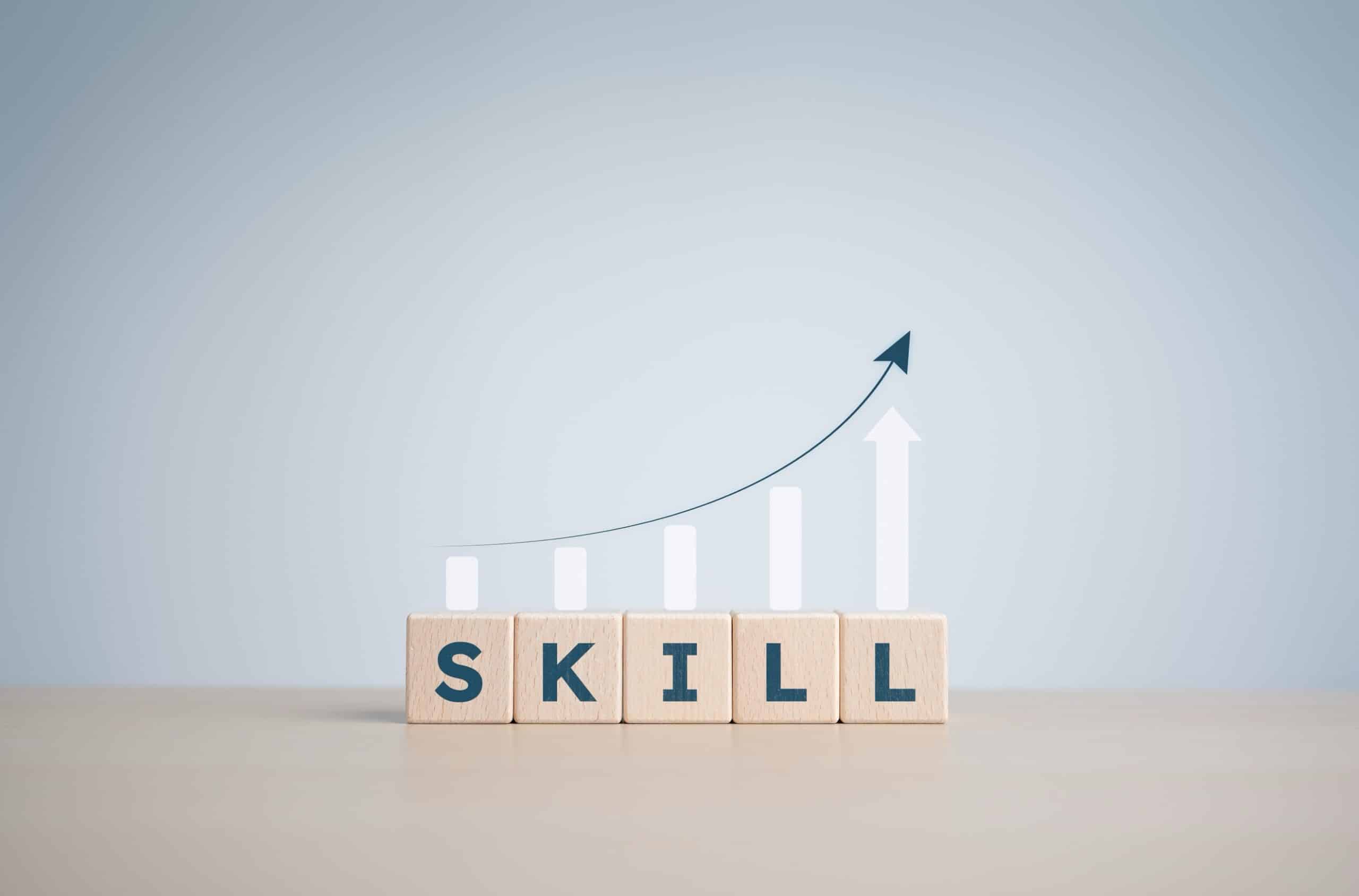
When someone says they are a professional coach, it can mean many things. It can mean they get paid for coaching. It can mean they coach others (paid or unpaid). It can mean it’s their full-time gig… it can mean a lot of things. The reason I bring this up is that I see on social media with some frequency the term ‘professional coach,’ so I thought it would be advantageous to define what I believe a professional coach is.
My family subscribes to a meal delivery service that sends you all of the food you need to make a meal, but you still have to read the directions, chop the vegetables, season the meat, measure the spices to use, etc. As I was cursing up a storm the other day attempting to cook one of these meals, it occurred to me that what I was doing was the equivalent of what some people consider being a professional coach – and trust me, there is no one in the world that would mistake me for Gordon Ramsey!
Just as attempting to cook a delivery service-based meal doesn’t make me a professional chef, having competed in some races, watching some YouTube videos on proper form and advising some athletes doesn’t make someone a professional coach… or at least in my mind it doesn’t.
So, what makes a professional coach? Let’s dig in.
Education
This is a biggie. And when I say ‘education,’ I don’t mean it in the most formal sense of the word. While there is nothing wrong with getting a degree in exercise science or a similar field, what I mean by education is simply educating yourself on how the body works and how to apply it on an individual basis with respect to science/evidence-based information. As the owner of UESCA, an organization that certifies individuals to become coaches, I of course think this is a good way to become educated. However, it’s not the only way. The most important thing is to constantly seek out the best information possible to educate yourself so that you can provide tremendous value to your athletes. Whether this be via a college degree, a certification, self-study via online resources, etc… the most important thing is to access quality information, know how to apply it, and be constantly learning as it is a never-ending process.
Experience
In my opinion, education without experience is just as bad as experience without education. There are quite a few things that can only really be learned and appreciated through personal experience and/or through coaching others. Experience is vital to being a professional coach because without it, everything is largely theoretical.
Student of the Sport

This relates directly back to education. In my opinion, a professional coach should always be learning and moreover, actively seeking out knowledge. The first and most important step is to be inquisitive. Whether it be in your own workouts or those of your athletes, you should always be asking yourself questions, and trying to seek out the answer.
“Why does my knee cross over the top tube of my bike at the top of the pedal stroke?”
“Why does my biceps femoris tightness disappear when I switch to a midfoot strike?”
A lot of coaches and athletes won’t even notice these things and even if they do, they might not seek out the ‘why’ behind them. This is one big thing that separates a professional coach from others – they are always seeking knowledge as a way to better themselves and their athletes.
Know Your Limits
This is critical both in terms of positive outcomes for an athlete, as well as staying on the right side of the law. A professional coach understands, appreciates and practices scope of practice and scope of knowledge. As a coach, you must work within your scope of practice (i.e., you can’t diagnose injuries) and scope of knowledge (i.e., if you don’t know something, don’t say that you do).
While seemingly a simple, straightforward and commonsense approach, I’m always shocked at how many coaches go past their limits and put themselves in bad situations. Within coaching, there are quite a few grey areas that may be hard to decipher where the line is between what you can or cannot, or should or should not do. If you encounter one of these grey areas, it is always the correct decision to err on the side of caution and stay with what you know is both ethical and legal.
Have a Network

This relates directly to knowing your limits. Every professional coach should have a network of individuals that they can refer athletes to. There is no such thing as a jack of all trades or moreover, a coach that is a specialist in all areas. Therefore, having a professional network is important to provide as much value as possible to athletes. Whether it be a dietitian, bike fitter, massage therapist, physical therapist, etc… having a team of professionals that you can refer athletes to is of critical importance.
This of course works both ways. A referral network is a two-way street and ideally, those professionals will also refer individuals to you.
Lastly on this topic, by partnering and communicating with professionals like those noted above, you will also likely learn quite a bit about their areas of expertise and thus become a better educated coach.
Desire to Serve
When we ask UESCA coaches why they got into coaching, this is the most common answer: Most coaches don’t get into coaching to make a ton of money. They get into it to share their passion and expertise with others and they love to educate others and see them reach their goals. This is an important factor of being a coach. You must have an innate desire to want to help others and help them reach their goals.
Excellent Communication and Professional Conduct
Lastly, a professional coach must have great communication skills and know how to conduct themselves in a professional, organized manner. I cannot over-stress how important this is. I don’t care how many degrees or certifications you have. I don’t care how many years of experience you have. If you don’t reply to emails in a timely manner, you miss athlete phone calls, don’t send training programs on time, or if you are negligent over a period of time in any other area of conduct or communication, you won’t have a coaching business for long.
Notice what I didn’t mention as being a requirement of a professional coach – price, a beautiful website, cool swag, etc. Consider these things ‘nice to have’ versus ‘must have.’ All too often, I see new coaches putting an overemphasis on these ‘nice to have’ things versus focusing on the other areas noted above. Don’t get me wrong, you need to market your coaching business and having a website and charging a fair price for your coaching is important – but those things are not what make you a ‘professional’ coach.
Summary
In closing, at UESCA, our goal is to develop professional coaches with respect to education. And even though we believe our certifications are extremely comprehensive, we stress to all of our students and coaches that not only is education just one part of being a professional coach, but education is not a ‘one-and-done’ sort of thing. It is the responsibility of a coach to be constantly seeking out information to stay relevant so they can provide the most value to their athletes.
